By Sufuyan Ojeifo
These have not been the best of times for Senator Elisha Cliff Abbo (Adamawa South), an otherwise sedate but highly fecund personality, who has been in the eye of the storm since a video in which he was seen slapping a woman attendant in a shop in Abuja went viral, sparking countrywide contempt.
The incident, which purportedly happened many months before the inauguration of the 9th Senate of which he is a first-time member, has become a cause of action in a Magistrate Court, Zuba, where he was charged with assault by the Police but granted N5 million bail and two sureties in like sum, consequent upon his not-guilty plea.
The arraignment of Abbo by the Police is in apple-pie order. The State should henceforth be ready to do this and, across-the-board. Abbo’s public apology had enabled the Police to establish a prima facie case against him. But his non-guilty plea to the offence presupposed that he had justifications for his action.
Therefore, while the senator is in Court to defend the case against him, every other extra-judicial intercession becomes restrained and subject to the Court’s verdict in the matter; otherwise, such intercessions are sub-judice as their outcomes could be prejudicial to the court’s judgment.
It is therefore logical to surmise, for instance, that the Senate that set up a seven-member ad hoc committee, headed by Senator Sam Egwu, to investigate the incident on the basis of alleged misconduct of a member, is on a mission of incursion into a matter that is already before a court of competent jurisdiction.
The Egwu-led Committee had adverted the attention of the Senate to this fact in plenary, last week, during which it explained that the judicial intercession had placed a constraint on Abbo from speaking to the committee without delving into the res of the matter. The Committee had thus been unable to make progress and had requested for time extension in the circumstance.
It was, however, curious that the Senate President, Ahmad Lawan, had only acceded to a week’s extension, which was not in any way salutary, insisting that the committee’s mandate was to look into the aspect of misconduct and not the criminal content of the incident. Lawan’s position presents a conundrum that the ad hoc committee must deal before the new deadline handed down to it.
How the ad hoc committee will unknot the puzzle remains itself a puzzle. Senator Abbo, who understands the law and his rights as enshrined in the Constitution as well as the rules in the Standing Orders of the Senate 2015 (as amended), does not look like someone who will cave in to covert and overt intimidation and shenanigans by the Committee to make him speak on a matter that was already before the court.
Therefore, the point is, how will the ad hoc committee infer or reach a decision from findings that are made without hearing directly from the Senator during the committee’s investigation? Will that not vitiate the principle of fair hearing (if Abbo is not heard because of the concern of sub-judice) upon which the committee’s decision can be reviewed and nullified by a court of competent jurisdiction?
The Senate President should be guided to act prudently lest he runs the risk of being accused of witch-hunt on the basis of two propositions: one, that Abbo is a member of the opposition Peoples Democratic Party (PDP) and thus should be sacrificed; and, two, that Abbo nominated Senator Ali Ndume for the position of Senate President in spite of huge pressure from certain powerful quarters not to do so against his (Lawan’s) nomination and, therefore, he should be dealt with.
But it is instructive to point out, however, that the 9th Senate, which has the powers to investigate and discipline its members for a misconduct that brings it to disrepute, is, indeed, investigating a misconduct that happened in the life of the 8th Senate when the 9th Senate had yet to be inaugurated and Abbo had yet to become its bona fide member.
This then raises the question of whether or not this Senate can extend its jurisdiction to investigate a member’s conduct that happened in the past when it had yet to come into existence. If that retroactive power is exercisable by the 9th Senate, then it means that a whole lot of misconduct by some or many or even all members before they became senators can be dug up and dealt with in the guise of investigation to achieve some political ends.
I doubt if this is what the 9th Senate under Lawan wants to bog itself down with. If that is not the intention of the leadership of the 9th Senate, it should then be content with its strategic decision to set up the ad hoc committee in deference to the hue and cry by Nigerians. By setting up the ad hoc committee, the leadership had succeeded in deflecting the avalanche of public criticisms directed at the institution of the Senate, even though the exercise was anchored on some public misconception about the incident that happened in the past and the position of the protagonist as an incumbent member of the Senate.
The utility of the strategic intervention of the Senate in setting up the ad hoc committee should suffice in the circumstance while the Court is allowed to deal with the overarching criminal aspect of the incident that has yet to be statute-barred. The suggestion by the Senate President that the ad hoc committee should sidestep the criminal aspect and engage with the aspect of misconduct is quixotic. Why the fixation to do that?
The Senate leadership already stands commended for calming frayed nerves through the emplacement of the committee. It should not slip into internal politicking and politics of bias that manifested at the maiden sitting of the committee when Oluremi Tinubu (APC) threatened Abbo with the powers of the committee to recommend for his suspension. That was too sophomoric and imprudent.
Abbo’s riposte, amid the psychological pressures and social tension, that the fact that he was before the committee did not amount to waiving of his rights as a senator was precise; and, it resonated well with those who appreciated the sentiments and the context of the politicking and shenanigans that had coalesced with hidden personal bile, perhaps, to settle some political scores.
It is also a no-brainer that in the ad-hoc committee that comprises two women – Tinubu and Uche Ekwunife (PDP) – feminist sentiments would naturally weigh against Abbo. This is just a proposition in the circumstance where advocacy for protection of female gender against perceived male brutalities is a factor that weighs heavily on the scale. Abbo’s good fortune is that the other members are male.
Besides, there are other considerations that will kick in to influence recommendations after findings have been made; that is, after the ad hoc committee had been able to do its proper investigation. Against this backdrop, Abbo becomes a circumstantial captive in the “court” of his colleagues. Regardless that his conduct is the gravamen under the focus of the ad hoc committee, it does not disrobe him of his rights as a senator.
Abbo also enjoys the protection of the Court while, in the long run, he remains bound by whatever the decisions of the Courts are even on appeal. Indeed, how the entire process will unravel depends on how the Senate is able to manage the tension between the exercise of its powers and tenor of its investigation vis-a-vis the subsistence of judicial intercession into the same.
The Senate is hereby summoned to a duty of prudence in its so-called investigation, knowing full well that a precedent is being set that can produce a boomerang effect concerning the past misconduct of others, while the Court is not influenced in its determination of the matter.
· Ojeifo, an Abuja-based journalist, contributed this piece via ojwonderngr@yahoo.










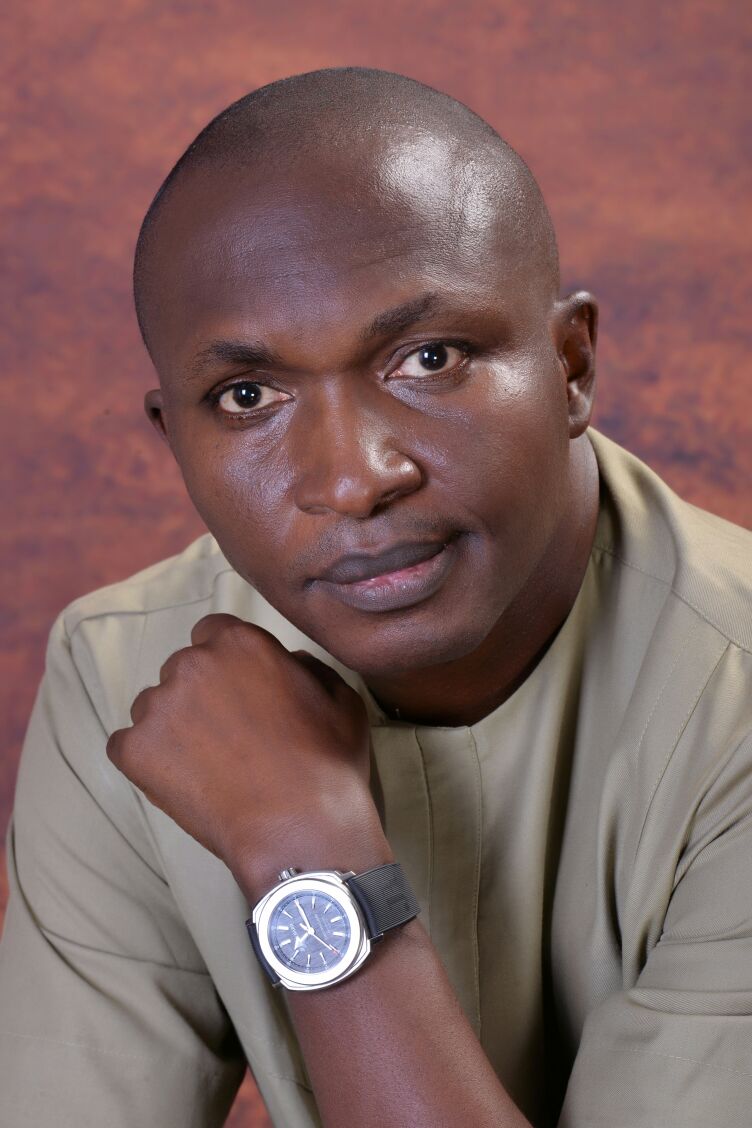


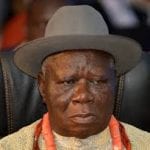




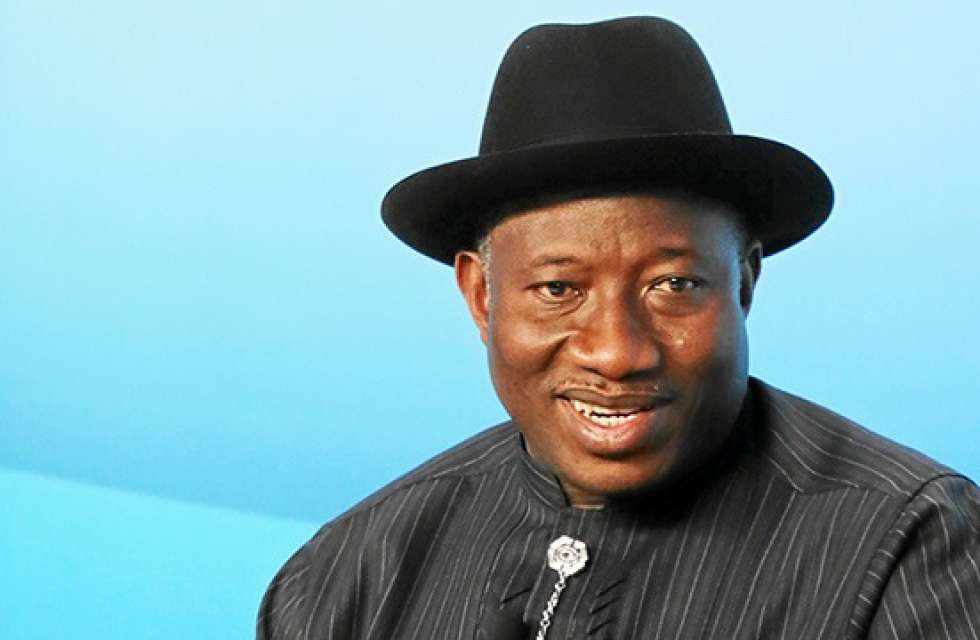
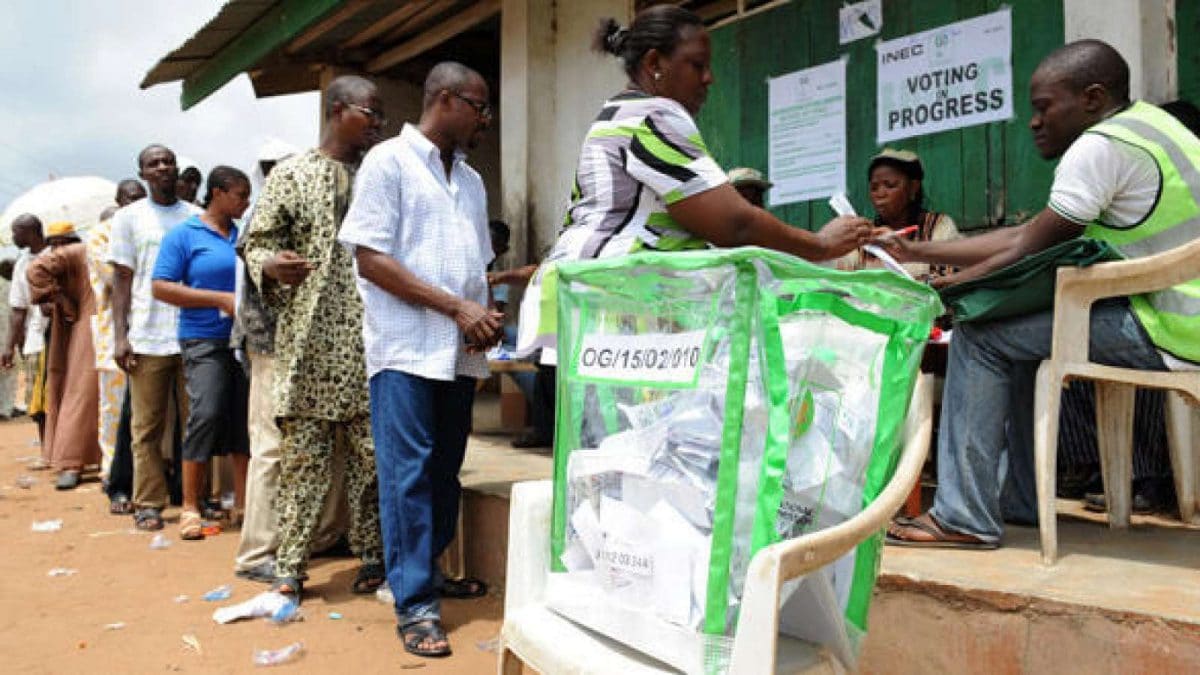
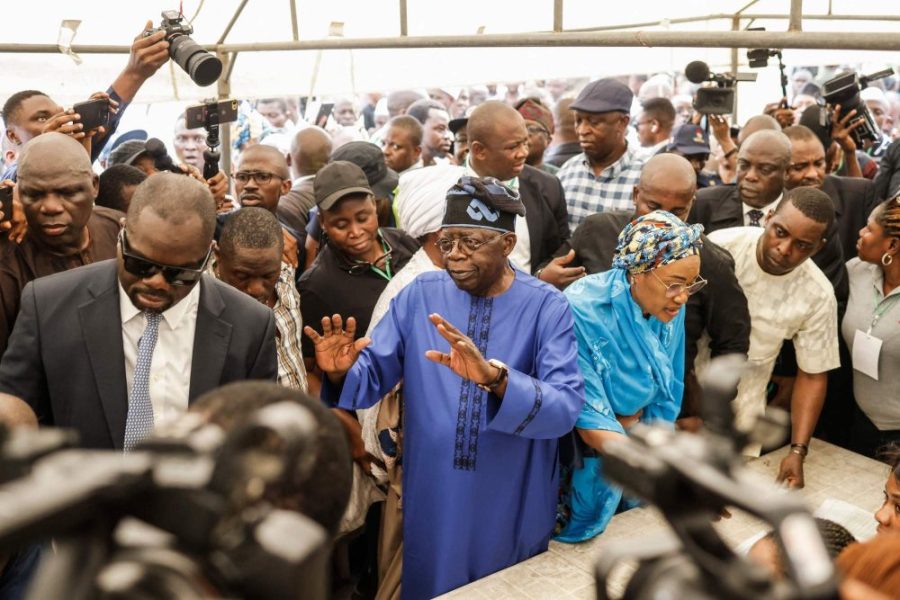
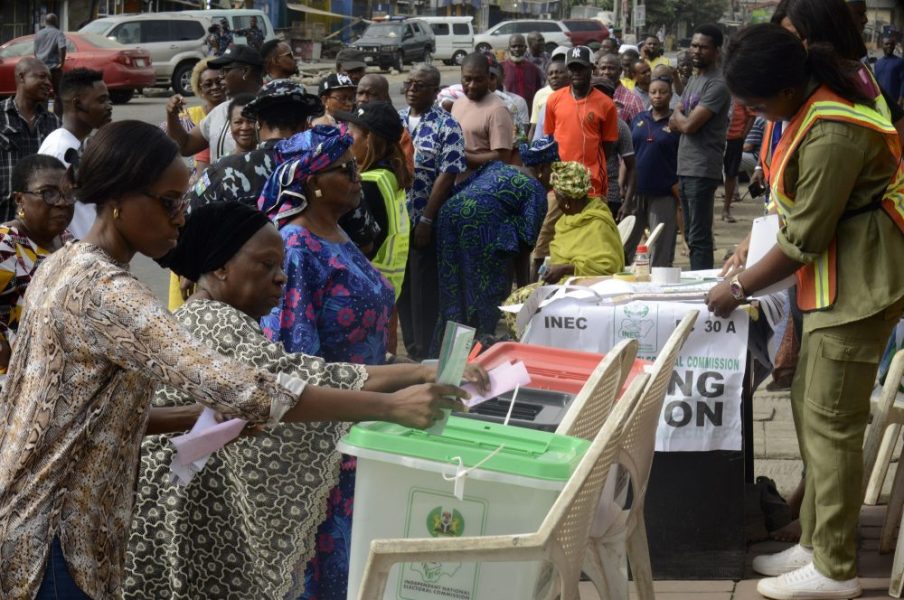
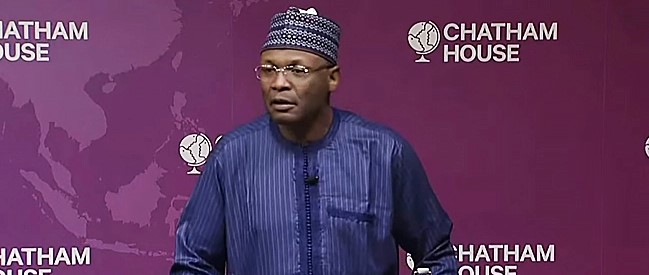
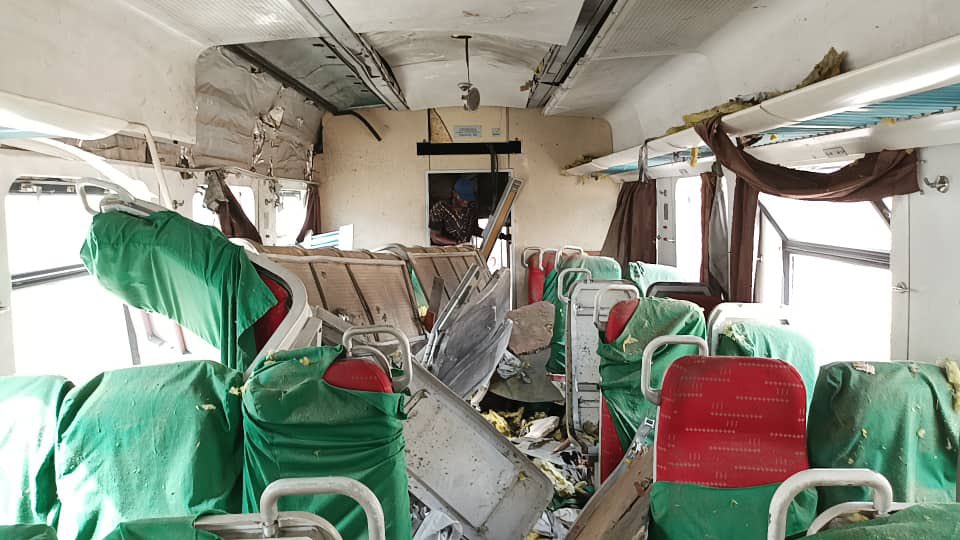
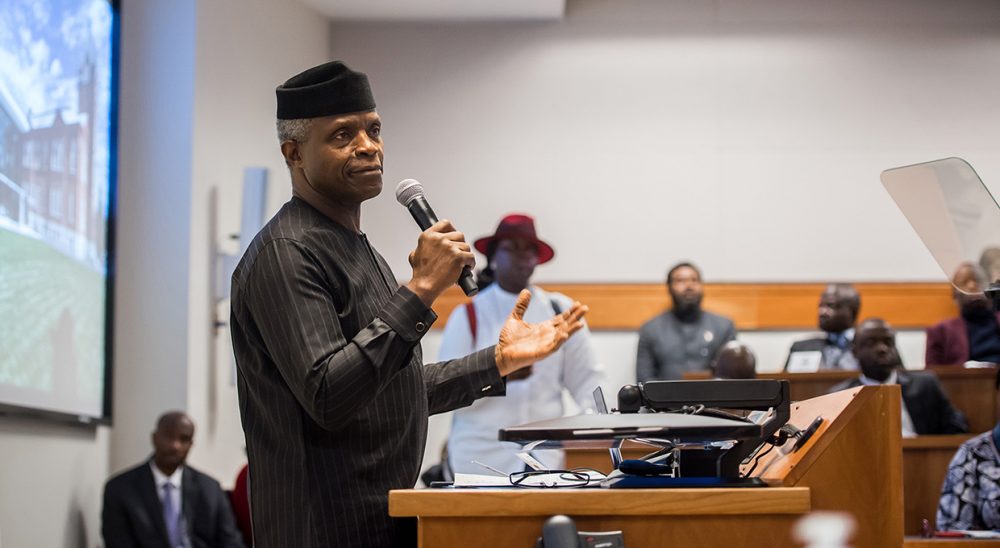
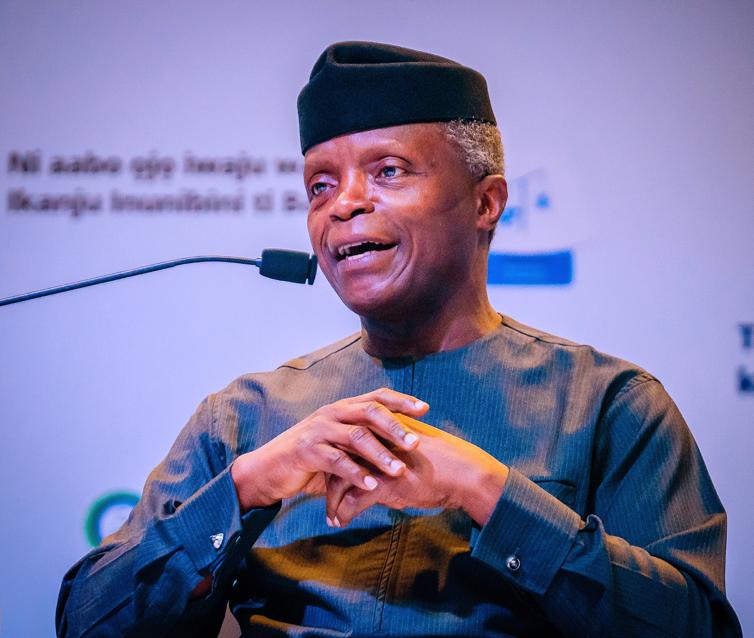
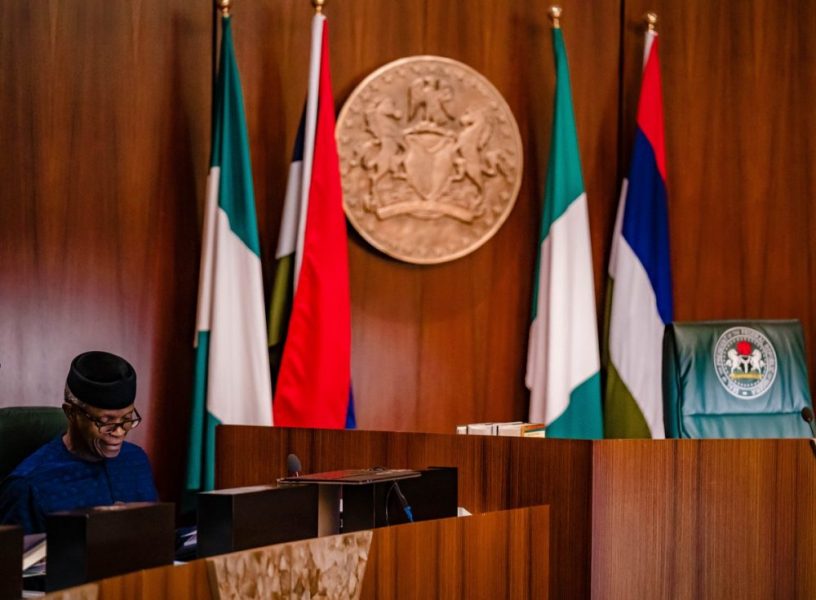

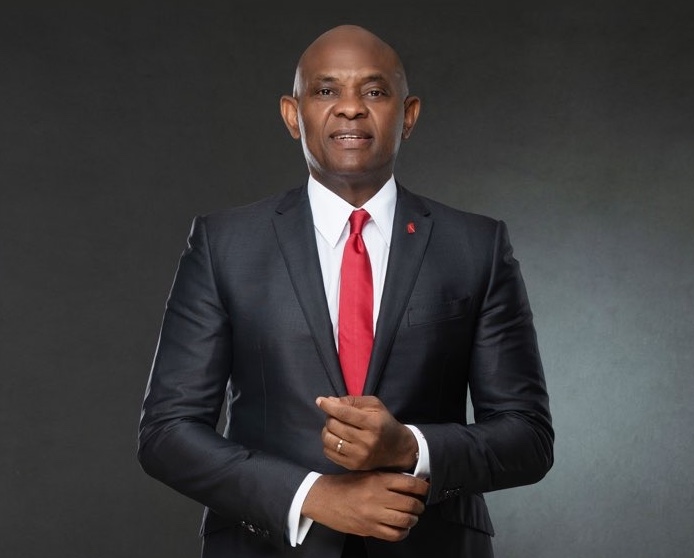


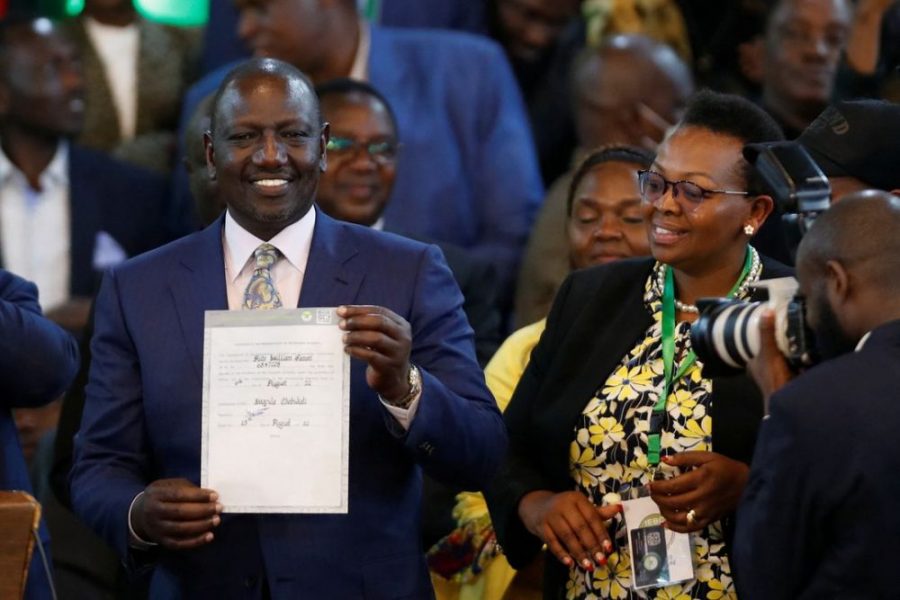
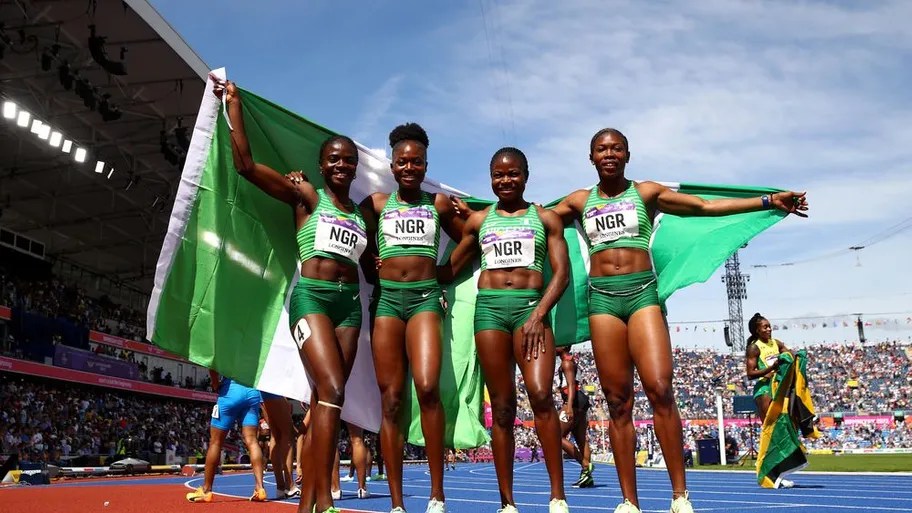
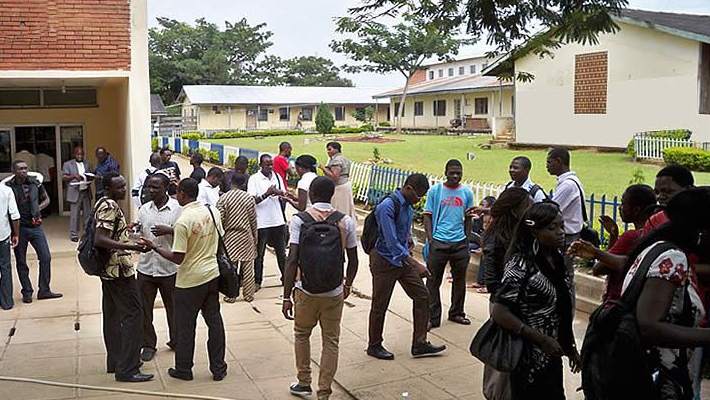
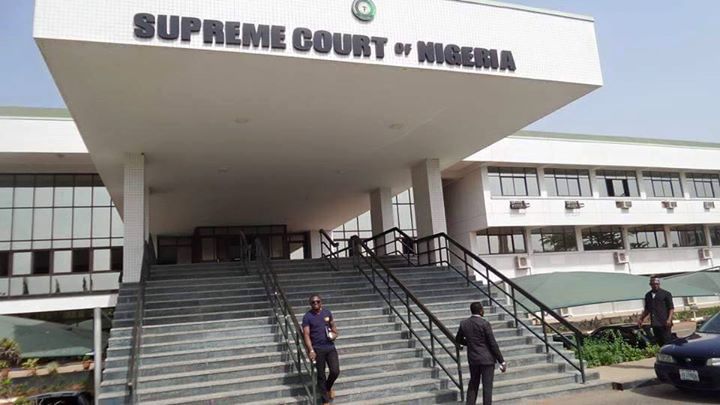
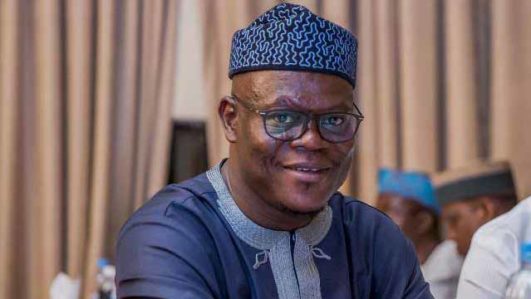
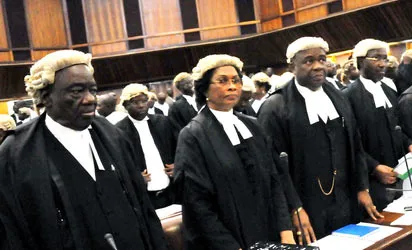
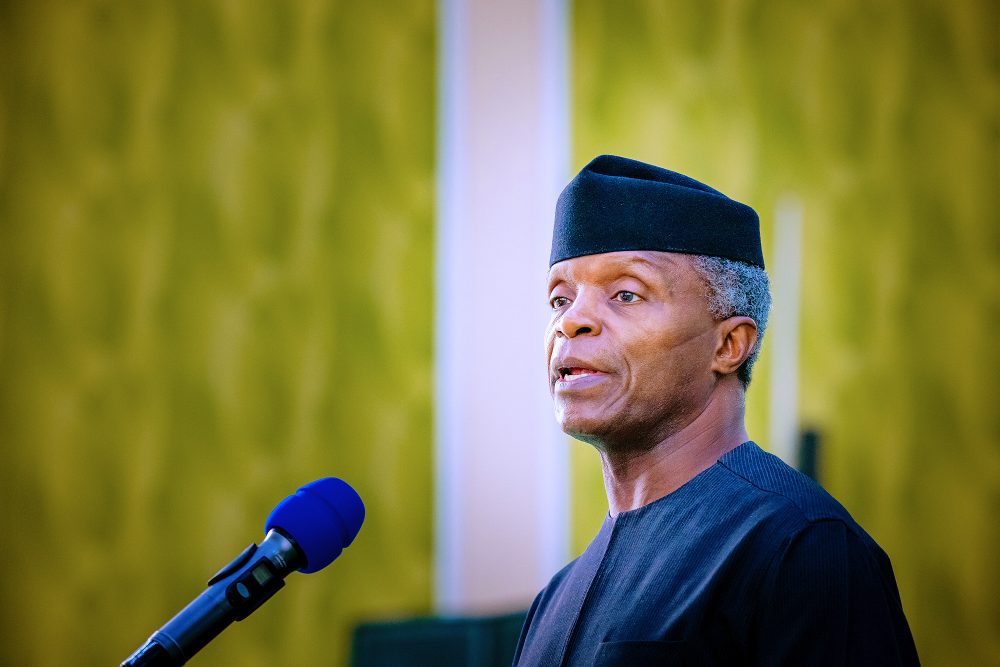
Leave a comment